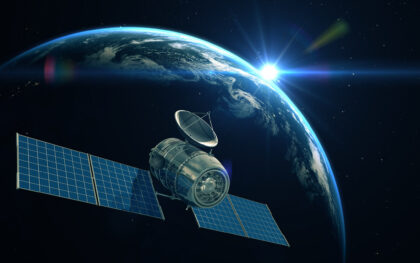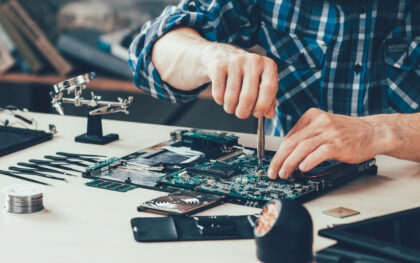Environmental Microbiology
Overall Course Objectives
The goal of this course is to equip students with the knowledge and tools necessary to appreciate, identify, interpret, and analyse microbes and microbial processes in technical and environmental systems and anthropogenically disturbed natural environments.
See course description in Danish
Learning Objectives
- Describe, identify, and list the key distinguishing features of the major subgroups of archaea, bacteria, and microalgae.
- List major biogeochemical cycles, identify those reactions that are microbe-catalyzed, and describe the relevant enzymes and microbes.
- Name, explain, and describe the core central metabolic and respiratory pathways in archaea and bacteria
- Use equilibrium thermodynamic expressions to estimate feasibility of various biochemical reactions
- Identify, apply, and interpret basic biokinetic expressions for microbial growth and interactions
- Illustrate and predict how various microbial processes are modulated by environmental conditions
- Describe, identify, list, and sketch the key processes and properties that govern microbial interfacial behaviour, with emphasis on the biofilm mode of life
- Describe and differentiate the various non-cellular ‘life’ forms (virus, plasmids, prions, etc) and the mechanism by which they are maintained and transferred in microbial communities
- Differentiate, list, and provide mode of action of selective and non-selective antimicrobial agents – and discuss antimicrobial drug resistance
- List and use the core concepts and terms relevant to public health microbiology
- Identify and explain the biochemical basis of the following metabolic modes of life: phototrophy, chemotrophy, litotrophy, organotrophy, autotrophy, heterotrophy
- From simple system observations, analyze and describe the underlying governing microbial processes and interactions
Course Content
This course introduces microbes and microbial principles with an environmental science & technology and public health perspective. After a short overview of the diversity of microbial metabolism, quantitative topics of energy conservation, growth stoichiometry and kinetics will follow. Then, specific attention will be given on microbial ecological principles. Modulation of microbial activity by the physical and chemical constraints of the environment will be discussed, microbial responses and interactions will be described, and methods for quantification of microbial presence, abundance, and activity in various environmental matrices are introduced. The microbial component of several biogeochemical cycles will be exposed. The effect of physicochemical properties of microbes on their dynamics in the environment will be introduced, and specific attention will be paid on pathogen fate and survival. Antibiotic resistance will be discussed. Laboratory exercises are an integral part of the course.
Recommended prerequisites
27002, Life Science (or other university-level general cell biology or biochemistry course)
Teaching Method
Lectures, group work, exercises, quizzes, lab work.






